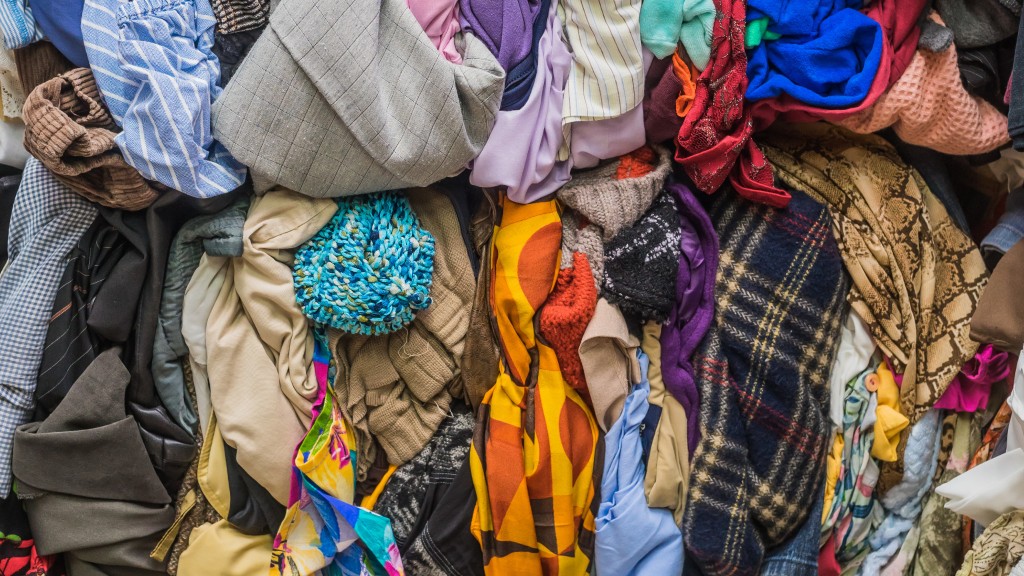
Debrand, a Vancouver-based reverse logistics solutions provider, has opened its new headquarters in Surrey, B.C. to provide textile sortation services as demand for the company's solutions continues to grow. Debrand says that the new 21,000-square-foot facility is the first of its kind in Canada and just one of a few in North America providing sortation technology for textile reuse, recycling, and recovery.
"This marks an important milestone that will help us pave the way for new and existing brands who count on us to help them meet their sustainability goals by incorporating circular textile business practices," said Amelia Eleiter, CEO and co-founder of Debrand.
It is estimated that 92 million tons of textile waste is sent to landfills every year. Sorting textiles for reuse and recycling is a big challenge. Since most sorting is done manually, it comes at a very high cost with low revenue opportunity if any at all, which is why many apparel and footwear brands opt to ship textile waste to international landfills.
"The new facility will expand our business exponentially by allowing us to take in new customers, solution partners, larger volumes, and trial more recycling and reuse pilots," said Eleiter.
The facility will house textile sortation technology and equipment, which will enable sortation at scale with increased capacity and capabilities. Debrand's next-life logistics services and solutions include:
- Goods consolidation: Excess inventory evaluated and categorized based on brand, product and material type, degree of irritants, presence of identification tags, and prepared for sorting and grading.
- Automated sorting and grading: Combined with human-powered accuracy with the efficiency of Debrand's proprietary technology, Debrand offers a hybrid approach to help identify, sort, grade, and allocate goods to the highest value channels.
- Preparation and disassembly: Goods are manually inspected and properly prepared to meet the criteria of each solution partner (resale, donation, recycle, repair, and responsible disposal).
- Circulation: Resource distribution to solution partners and reporting of recovery value to help measure environmental impact.
- Circular textile consulting: Guidance on developing circular textiles and strategies, including technical knowledge, reuse and recycling expertise, and reverse logistics.
Last year, Debrand received a strategic investment from WM.
In the company's continuous efforts to help catalyze circular textiles, Debrand is an active member of American Circular Textiles (ACT), Accelerating Circularity Project (ACP), BC Apparel Group (BCAG), Textile Exchange, Uniform Sustainability Collaborative (USC), and the Canadian Circular Textiles Consortium (CCTC).



